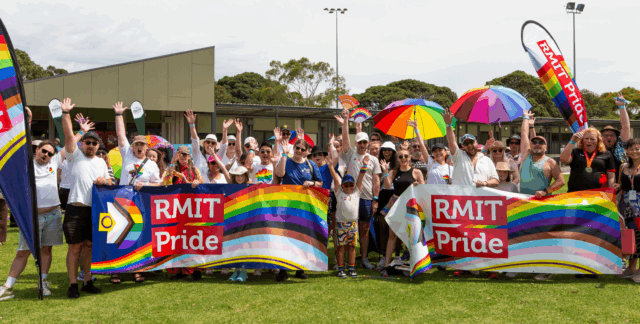SAGE is proud to launch the fourth and latest resource in its Intersectionality Guidance Series: Championing Ethno-Racial Diversity and Anti-Racism in Higher Education and Research.
Developed in collaboration with the SAGE Cultural Diversity and Anti-racism Special Interest Group, the guide responds to a clear and growing sector need for more standardised, accountable, and inclusive approaches, and offers actionable support to champion anti-racism and support ethno-racial diversity.
This new guide in the series marks a sector-first: it offers Australian higher education and research institutions a practical, evidence-based roadmap to embed anti-racism into strategy, leadership, and everyday practice. It draws on a foundation of deep sector engagement, and is grounded in lived experience and best practice.
10 steps for progress
Designed specifically for the unique context of our sector, this guide outlines ten key areas to help institutions build their knowledge of ethno-racial diversity and move from passive inclusion to active anti-racism.
Using an evidence-based rationale, it provides concrete examples, sector trends, and real-world data.
This supports leaders, EDI practitioners and HR professionals to move away from symbolic statements and take meaningful action—from ethical data collection and diversifying leadership, to recognising cultural load and tracking wellbeing.
SAGE CEO Dr Janin Bredehoeft said, “This guide is not just about why anti-racism matters—it’s about how to do it. It supports the sector to move from aspiration to action, from symbolic commitments to sustainable, structural change.”
Towards ethical and intersectional action
Throughout the guide, a strong emphasis is placed on the ethical collection and use of disaggregated ethno-racial data, ensuring institutions have the tools to not only identify inequities but to design culturally safe, responsive solutions.
Using an intersectional lens, the guide also supports institutions to address overlapping barriers faced by staff from culturally diverse backgrounds—including those who also experience marginalisation due to gender, disability, migration status or sexuality.
Also in this series
As part of SAGE’s library of antiracism resources, this document builds on previous guides in the series:
- Intersectionality
- Ethical data collection
- Data analysis
The new guide—the fourth in the series—is now available for SAGE subscribers to download:
Access Guide 4 in the series


